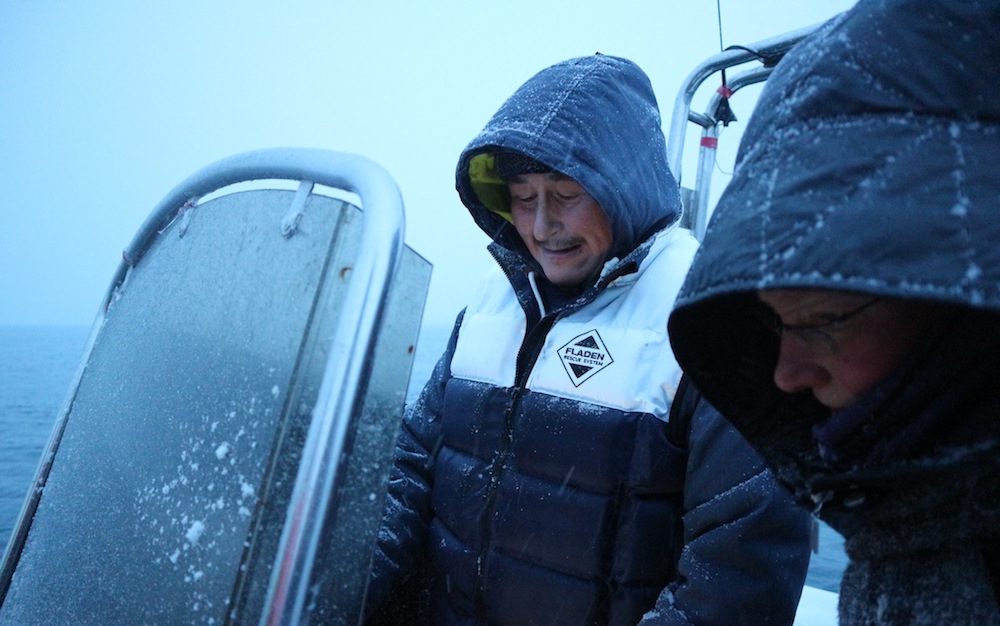Greenland local-knowledge group bags Nordic environment award
A monitoring program provides an example of how those who live off natural resources can help those who study it.

Each year, the Nordic Council recognizes an environmental initiative that promotes the organization’s goals in a selected theme. This year, the council’s focus on maritime initiatives sought to support its goal of protecting the oceans while also promoting their use as a resource.
In giving the award earlier this week to the Attu Natural Resource Council, in western Greenland, the council singled out an example of how local groups can contribute to scientists’ efforts to protect marine life, while at the same time giving scientists a way to incorporate the observations of hunters and fishermen into their interpretations.
Set up in 2014, the Attu council is one of five similar outfits in Greenland that collate the observations made by fishermen and hunters and load them to an online database for use by scientists who study the region.
The councils were established as part of Pisuna (short for Piniakkanik sumiiffinni nalunaarsuineq, or ‘documentation and management of living resources’), a program created in 2009 by the Nordic Council and Greenland’s Self-Rule Authority, and which currently receives funding from the EU.
[How traditional knowledge helps scientists studying polar bears in Greenland]
Scientists are not without their own observations, of course, but the high cost of doing research in the Arctic limits how much information they can collect during a field season. A short, but intense, effort yields a detailed snapshot of the system they are seeking to draw conclusions about.
To get an idea of how things look over time requires a year-round presence, though. And here, the observations of those who live off those same natural resources can provide additional detail.
In addition to padding out the information the scientists collect on their own, the councils propose management actions based on their observations and knowledge of local conditions.
Suggestions vary from area to area, but they all are directly related how the resources and landscapes are being managed, and to date include things like changes to hunting and fishing methods and season length, regulating access to certain areas and development of new ways to use resources.
[‘Science must contribute to traditional or local communities’]
Some of the proposals have been implemented, others rejected, some are still under consideration. Regardless of the outcome, the process itself is important; it is credited with creating a sense of community and promoting cooperation between residents, scientists and wildlife authorities.
The results, both on the water and in the community, according to the Nordic Council, demonstrate the value of the programme. So too does its spread: Pisuna has inspired similar projects in Finnish Lapland and the Nenets region of Russia, while regions outside the Arctic look set to follow.
And this year’s winner is … local knowledge.